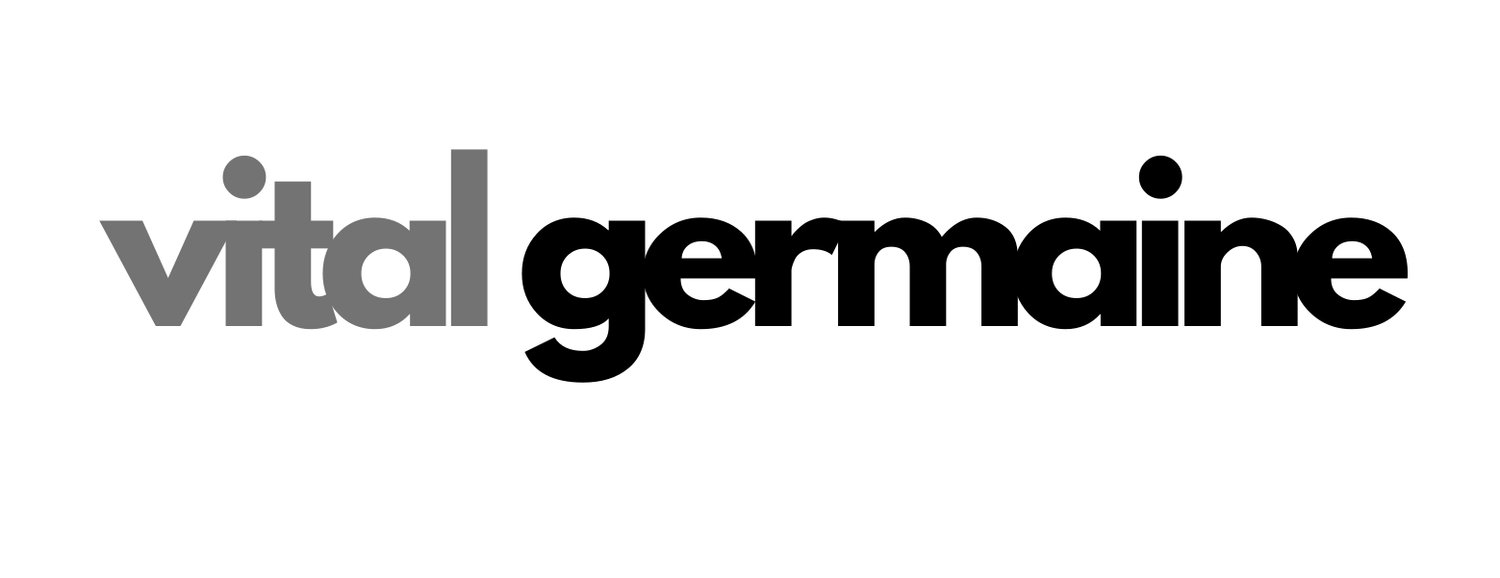SELF REFLECTION:
The main advantage of a healthy dose of imposter syndrome is that it triggers a need to re-evaluate, by asking the following question:
“Am I good enough?” If you truly feel like you’re not, the next step is to get back to work, learn and grow. Nothing wrong in continual growth. It’s a Kaizen thing,
“Do I deserve to be here.” Unless you got there through nepotism, a freak act of nature, chances are you deserve to be there. You probably earned the invitation to be in that room. Do you deserve to stay there is maybe a different answer? If you truly feel like you don’t deserved to be there, the next step is to get back to work, learn and grow. Nothing wrong in continual growth. It’s a Kaizen thing.
Any form of decision-making is well served with an element of self-awareness and questioning. Through self reflection/evaluation, you can connect to your intuition on a deeper level, your are compelled to do more research, go back to the drawing board, realize you can do better and be better.
2. MOTIVATION:
It may sound strange to hear that imposter syndrome/self-doubt is a motivator. But, yes, it is. Wondering if you could do better/should do better is a spark unto itself. Wanting to do and be better is a fundamental trait for achievement and success. All the greats of this world have pushed themselves to do better and become better. They took the time to realize that they could do and be better. Always aim to do better and reach higher. Always gave a sense if imposter syndrome.
During my 5 years in Cirque du Soleil, I continually experience Imposter Syndrome. I was surrounded by the best in the world. It intimidated at first. Then become the greatest of inspirations. I grew and thrived. I went from afraid and unqualified, to captain of my team and the example to strive for.








